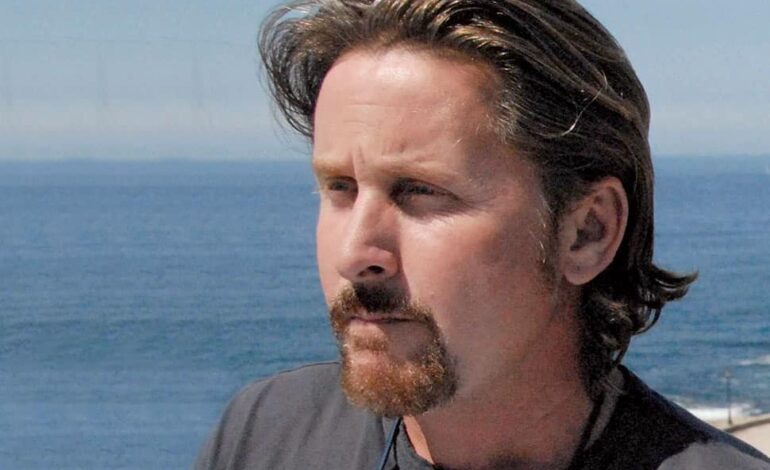Emilio Estevez’s Painkiller Admission: A Surprising Look at ‘The Breakfast Club’ Reunion

In an unexpected revelation, Emilio Estevez disclosed that he was under the influence of painkillers when he first met the cast of the iconic film “The Breakfast Club.” This candid admission not only sheds light on his personal struggles during that pivotal time but also raises questions about the pressures faced by young actors in Hollywood. Estevez, who starred as the rebellious Andrew Clark, shared this insight during a recent interview while promoting the upcoming 40th anniversary of the film, which has remarkably remained a cultural touchstone since its release in 1985. The facts surrounding Estevez’s experiences provide a deeper understanding of the mental health challenges and substance use issues that can pervade the entertainment industry, especially among young stars navigating fame.
Estevez’s journey into the world of acting began at a young age, with “The Breakfast Club” marking a significant milestone in his career. Yet, behind the scenes of this coming-of-age classic, the pressures of Hollywood often led to coping mechanisms that many young actors resort to, including substance use. Estevez’s candidness about being high on painkillers during the film’s production highlights an often-overlooked aspect of celebrity life—the impact of mental health and the stigma surrounding it. According to the National Institute on Drug Abuse, substance use disorders are prevalent in the entertainment industry, where the combination of fame, pressure, and scrutiny can lead to increased vulnerability.
Estevez’s admission resonates with broader discussions about mental health awareness in Hollywood. The industry has seen a gradual shift towards openness regarding mental health challenges, with actors like Carrie Fisher and Robin Williams sparking conversations around their own struggles. Estevez’s story adds to this narrative, emphasizing the necessity for continued dialogue and support systems for actors, particularly those in their formative years.
As “The Breakfast Club” continues to influence generations, Estevez’s reflections serve as a reminder that behind the iconic performances, actors often grapple with personal battles that can remain hidden from public view. The conversation around substance use and mental health is critical, particularly given recent statistics from the Substance Abuse and Mental Health Services Administration, which indicate that around 10% of young adults struggle with substance use disorders.
In an era where transparency about mental health is becoming more accepted, Estevez’s experience is a poignant reminder of the importance of empathy and understanding for those in the limelight. By bringing his story to light, he not only honors his past but also encourages others to speak up about their own struggles, fostering a culture of support rather than stigma.
As the anniversary celebration of “The Breakfast Club” approaches, it becomes clear that the film’s legacy extends beyond its narrative, offering valuable lessons on resilience and the importance of addressing mental health in today’s entertainment landscape.
Sources: Celebrity Storm and National Institute on Drug Abuse, Substance Abuse and Mental Health Services Administration
Attribution: Creative Commons Licensed




